Some L.A. residents are dreading the end of Easter weekend because when April 1 rolls around on Monday, certain workers in the fast food industry will be required to be paid a $20 an hour minimum wage.
While no doubt many are supportive of workers making more money, residents also worry about the upcoming menu price hikes in places with few food alternatives.
California Law
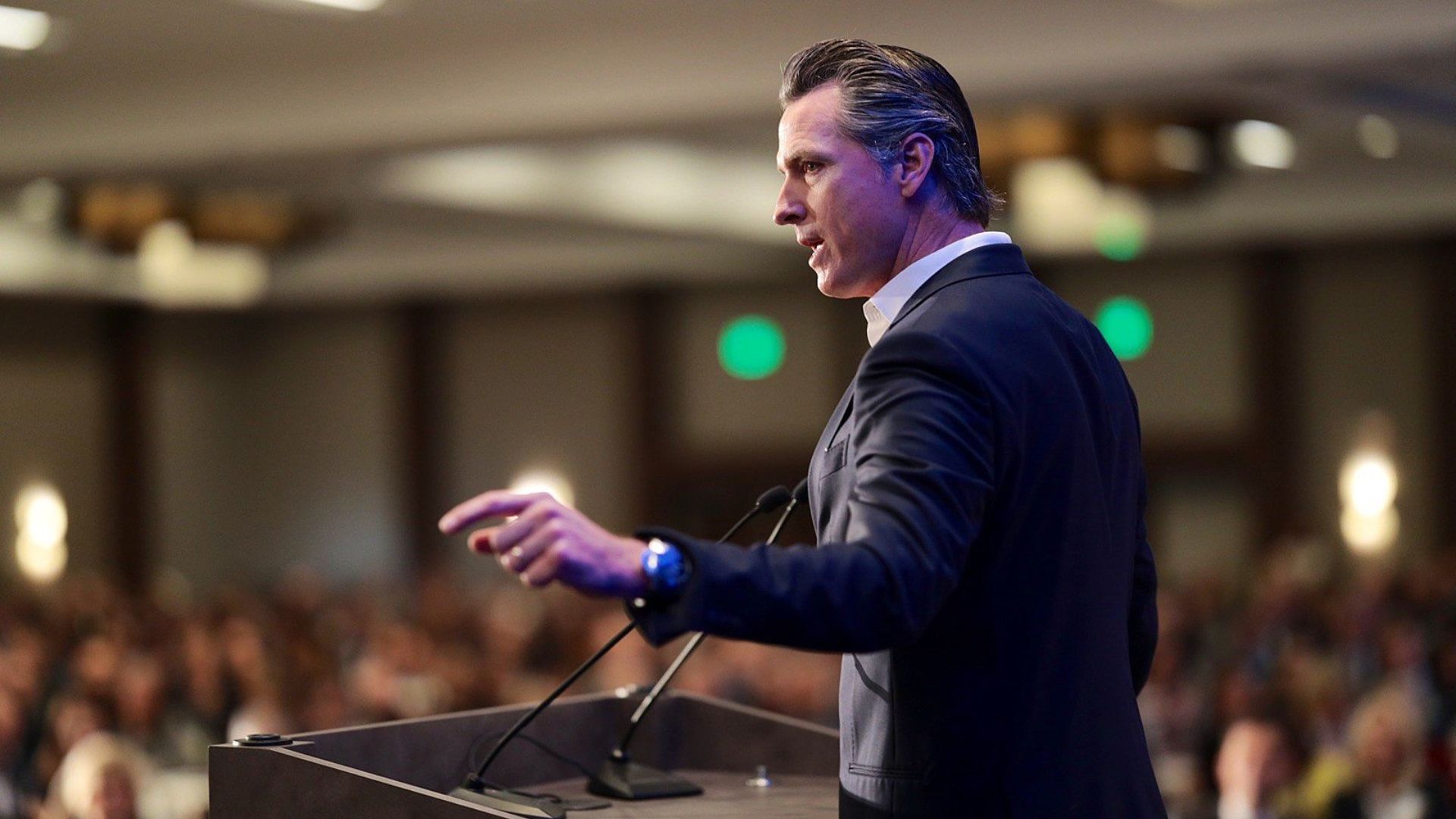
The California law, AB 1228, signed last year by Governor Gavin Newsom, would effectively increase the wage fast food workers would be making by 25% percent.
The state instituted a $16 minimum wage across the board on January 1, with $20 per hour guaranteed for employees of fast food restaurants with over 60 locations.
Food Deserts
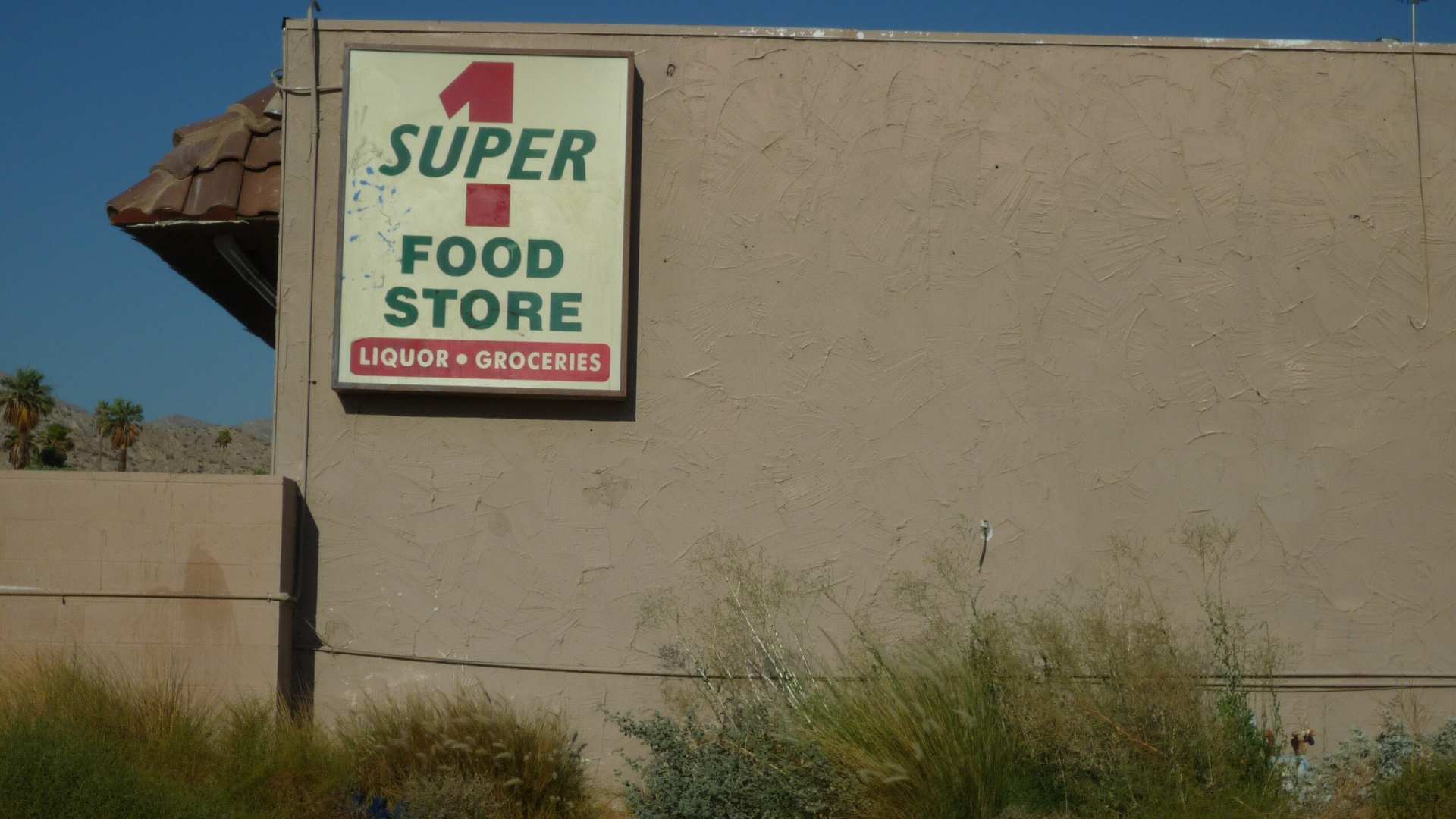
One of the problems L.A. residents will experience with the new minimum wage law is that they have limited options to buy food amid menu price increases.
40% of the people living in South L.A are in a food desert. A food desert is a place where the locals have limited access to affordable and healthy food options at places like grocery stores and supermarkets. People living in these areas rely on fast-food restaurants to feed themselves and their families.
Affecting Families

One South L.A. resident named Roshonda Baker is a psychiatric patient caretaker. She commented on how it may impact parents with kids.
“I can definitely see it taking an effect on families,” said Baker. “Kids do want fast food — they don’t really care for a home-cooked meal. So … you have to deal with an upset child who can’t get it if you can’t afford it.”
Price Hikes Predicted
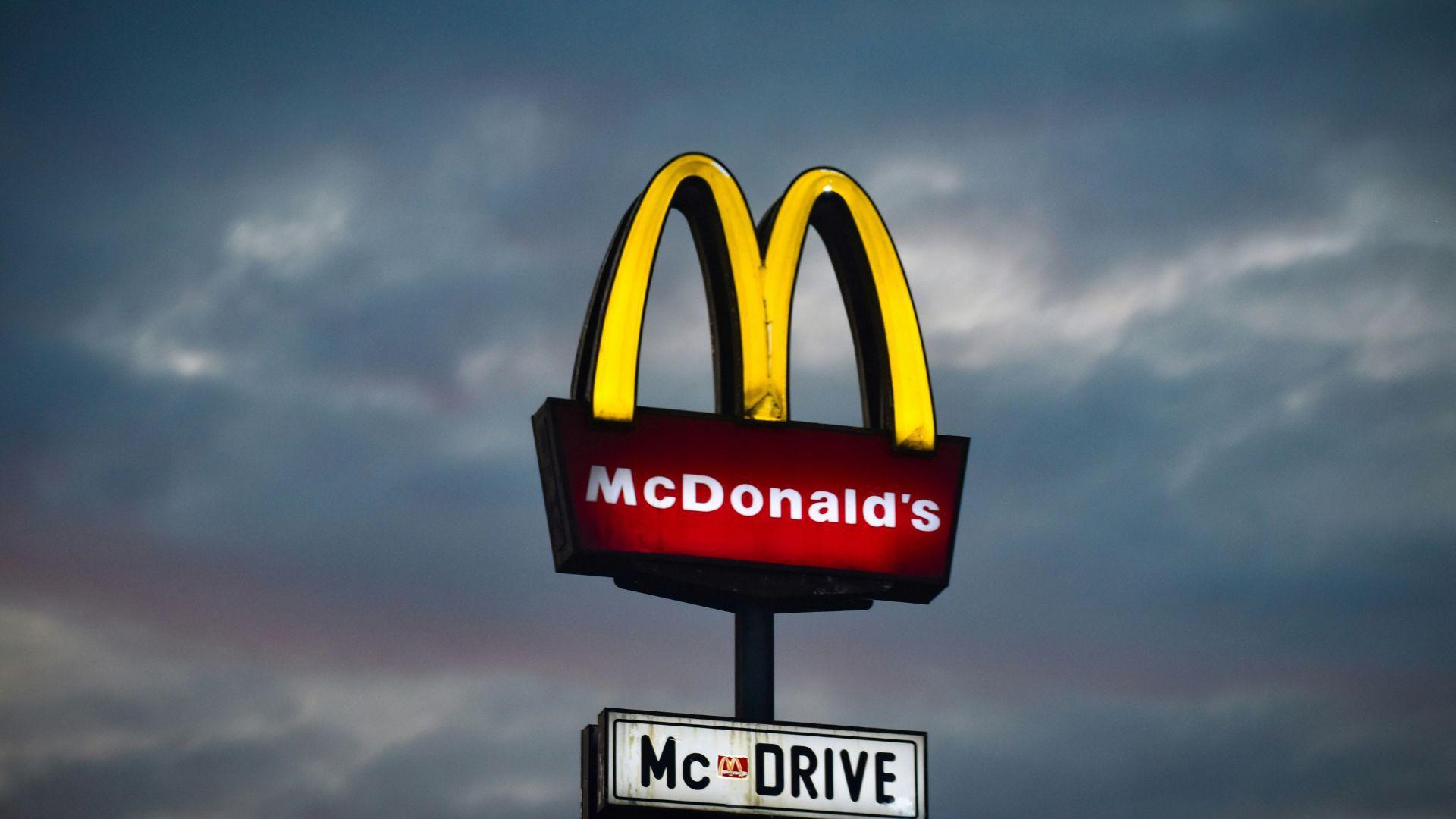
Huge companies operating in California like McDonald’s and Chipotle have already announced price hikes for their menus in response to the new law.
Around 15% of all Chiptole restaurants are located in California, and the state has 10% of all McDonald’s restaurants. Estimates say that menu prices could rise by as much as 4-5% from just this one wage increase.
Workers Affected
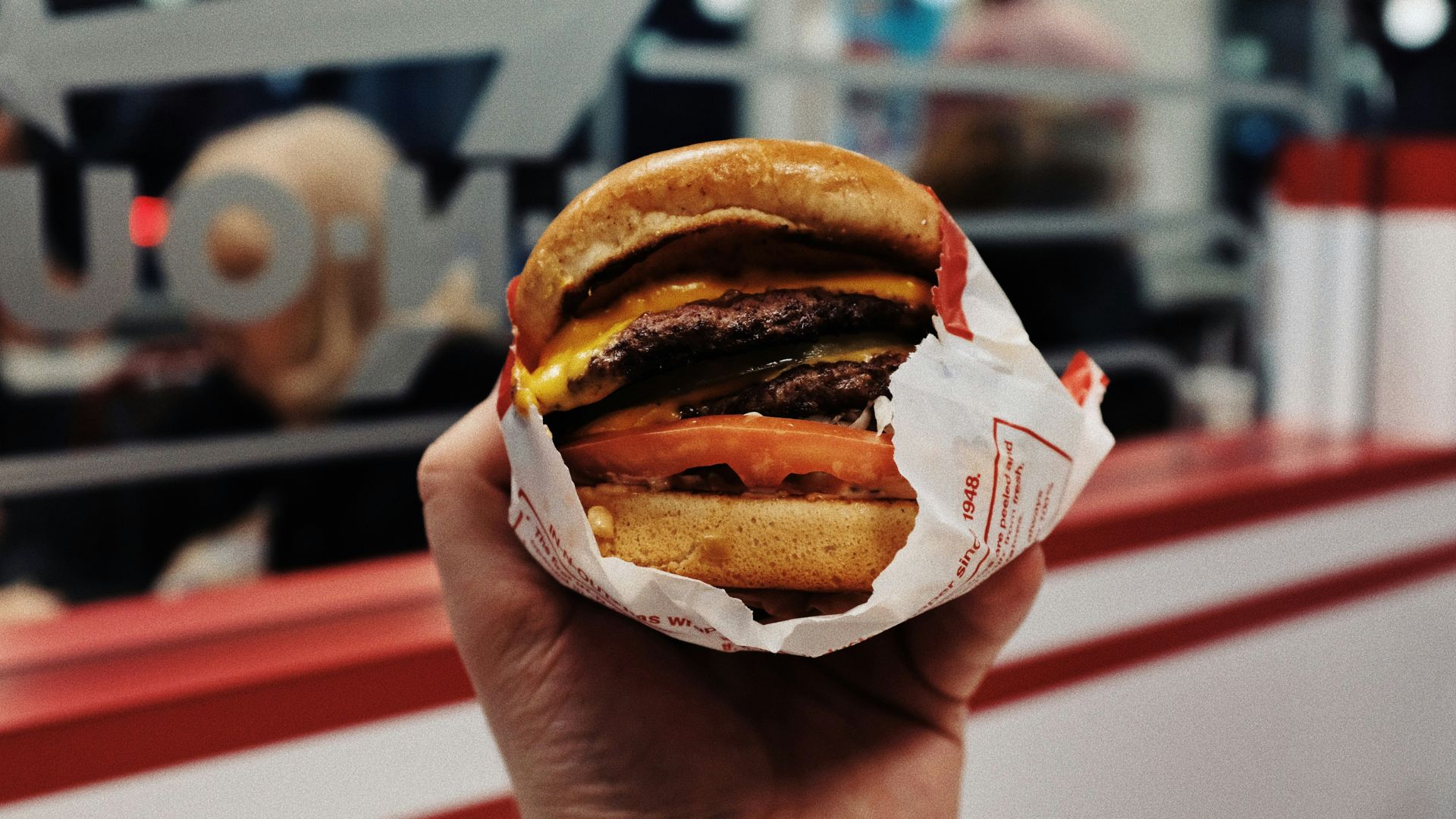
The state has around 500,000 fast food workers and most of them will be receiving at least $20 an hour starting April 1. While these workers will be receiving a higher base pay, companies are desperate for ways to save on their increased payroll costs.
Some have announced job cuts, reduced working hours for employees, or a cancellation of employee benefits to cover these costs.
Prices Already High
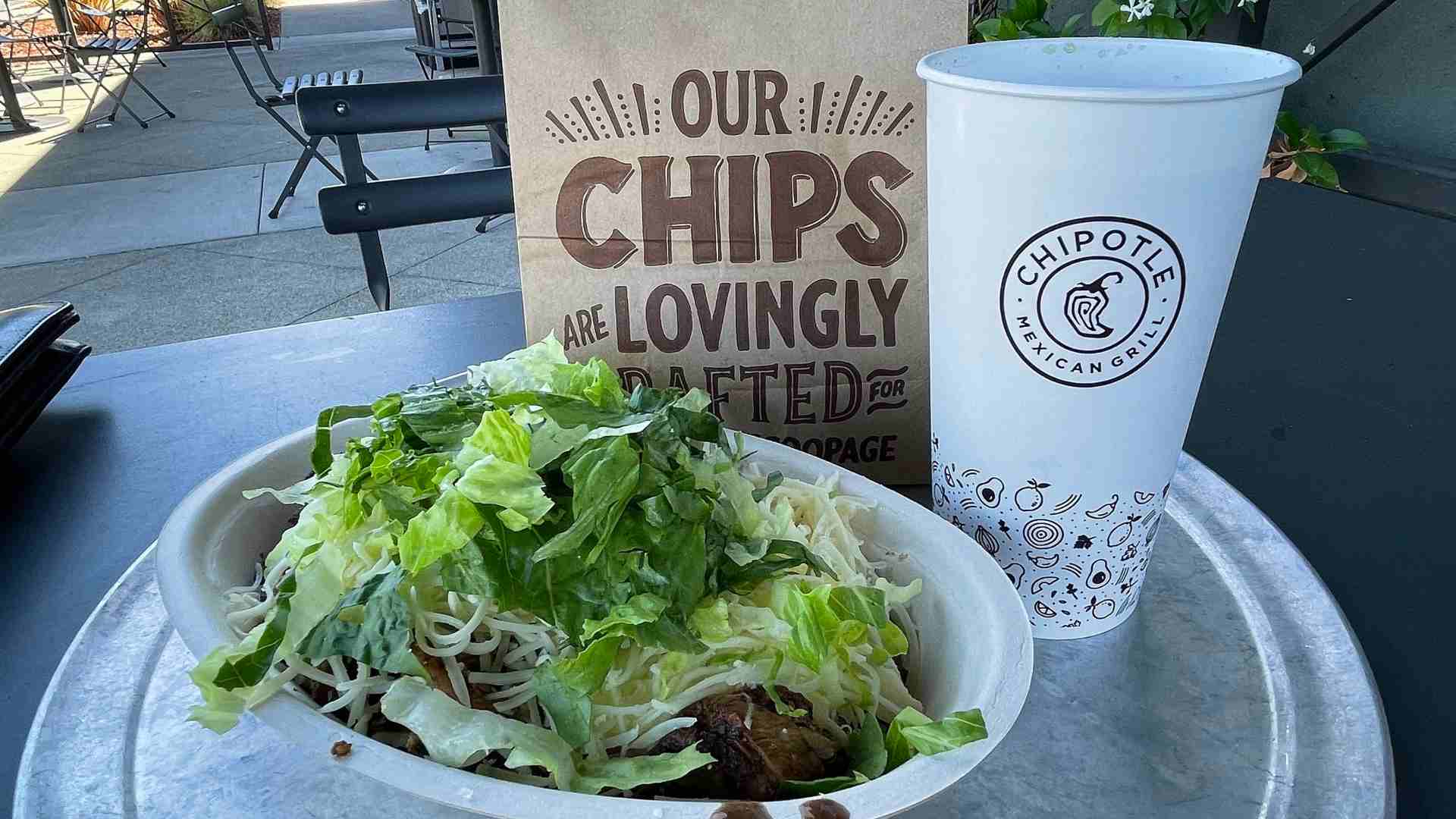
This further price increase comes in the context of continually rising fast food prices in California and other parts of the country. According to data from the U.S. Bureau of Labor Statistics, dining-out prices were 6% higher in September than they were a year before.
Chipotle has already raised its menu prices four separate times in the past two years.
Big Companies Still Profiting
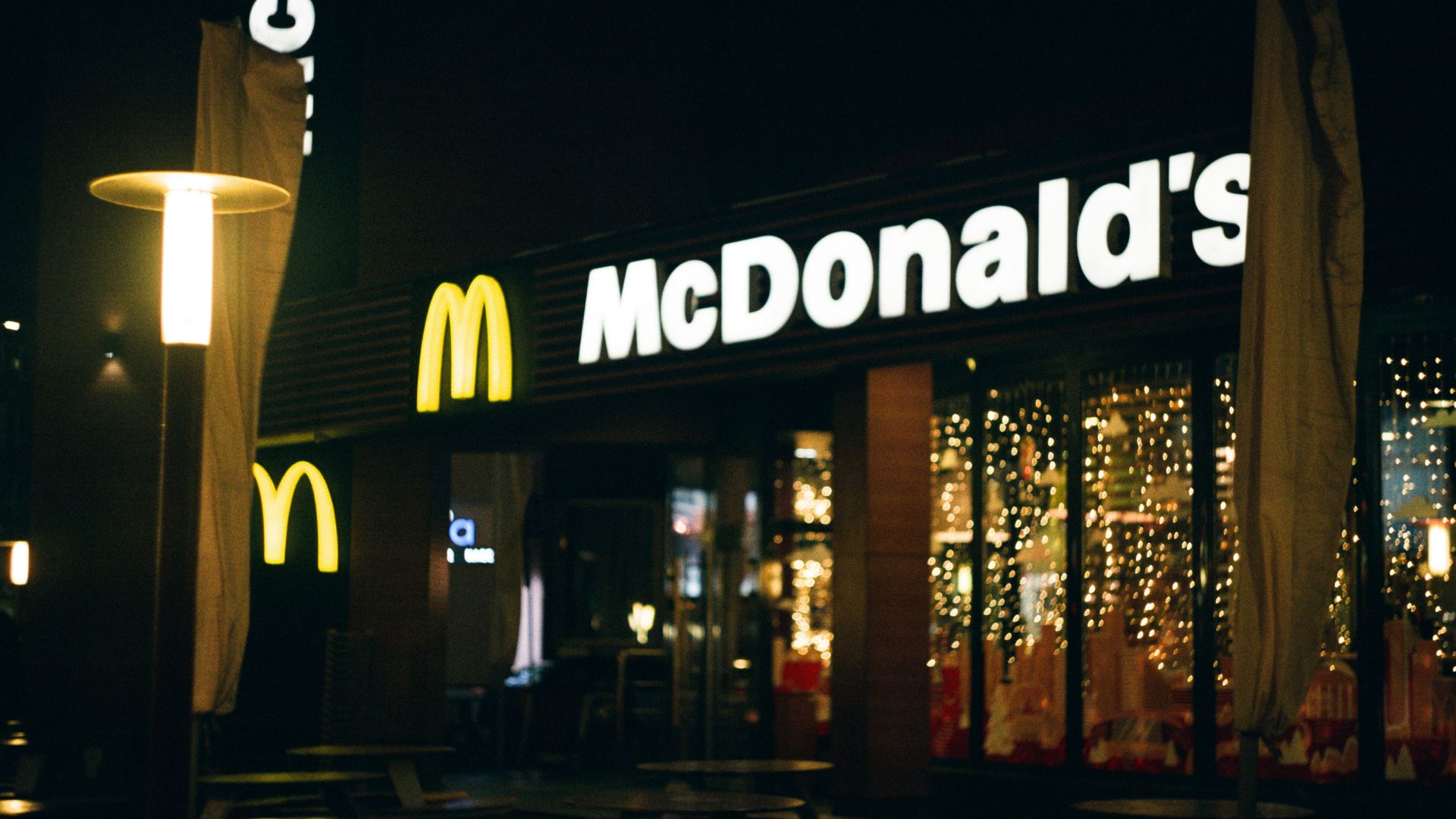
Big fast-food companies are doing their best to remain profitable as the economic consequences of sustained high inflation are still being felt. Some are taking advantage of “surge pricing” expectations of customers to justify menu price increases and local menu price adjustments.
News Nation reported that both fast-food profits and fast-food prices reached record highs back in November, citing Bureau of Labor Statistics data.
Support for Salary Increase

While L.A. residents are worried about the price hikes, some are also happy that workers are getting better compensated.
Jacky Grant, a DoorDash driver who was picking up pizza in Crenshaw said “Honestly, I would not change anything — no. It’s good that they are raising their salaries.”
Addicted to Fast Food
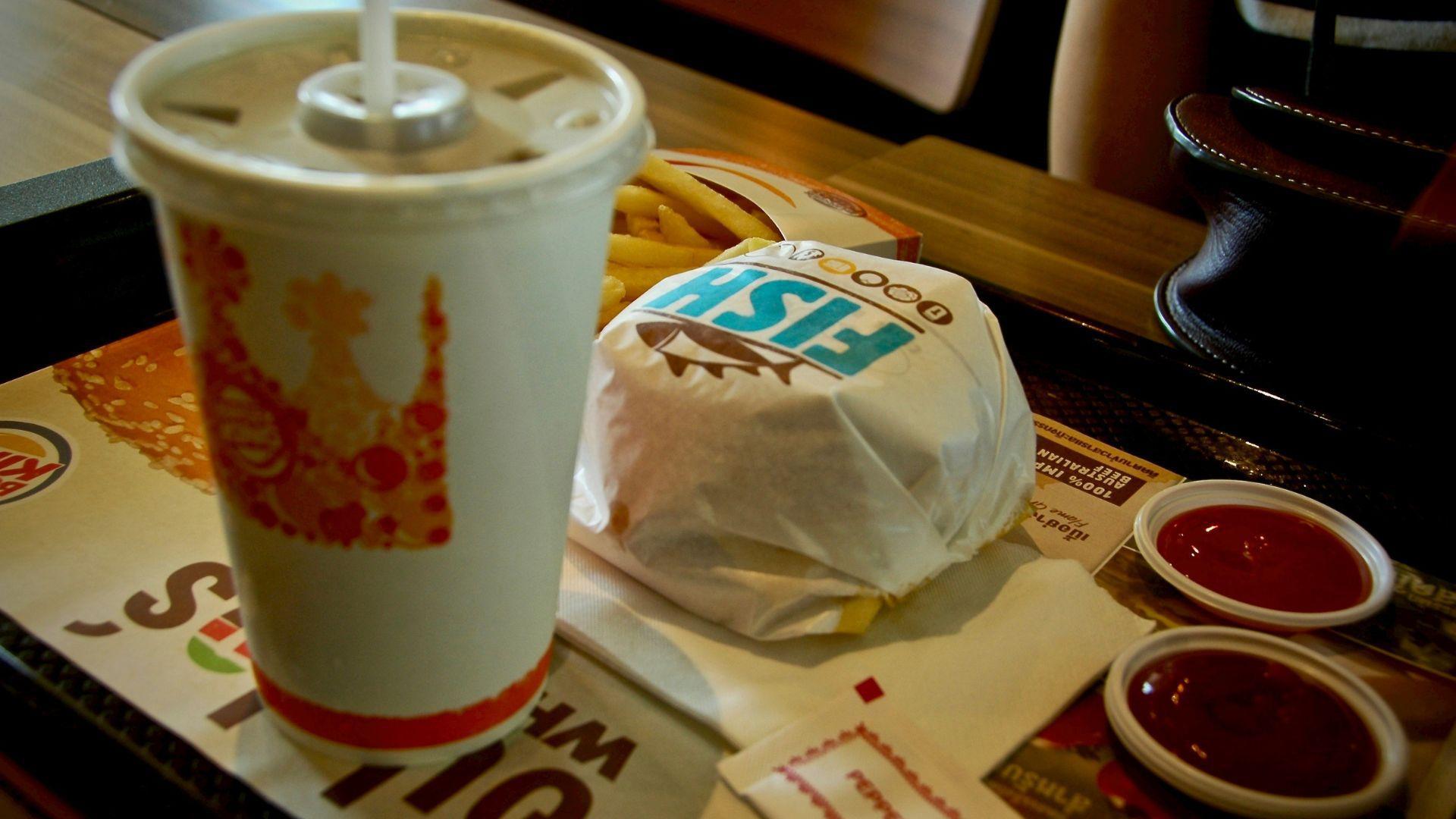
One concern health experts have with people overly relying on fast food is that once someone starts eating it, the habit becomes hard to break.
According to the National Institutes of Health, “Limited evidence suggests that the high fat and salt content of fast food may increase addictive potential. Fast food restaurants cluster in poorer neighborhoods and obese adults eat more fast food than those who are normal weight.”
Obesity Problem

The consumption of fast food is highly correlated with a higher body mass index. People who overindulge are more likely to gain weight and suffer health effects from obesity. A fast food diet contains high energy content, sugar, and chemical additives that are poor in essential nutrients compared to other diet options.
This wage increase may contribute further to this problem in places like L.A. A UC Davis study from 2022 found that a 6.6% minimum wage increase caused people to purchase 3% more calories.
Food Inflation

Households will continually struggle in the future with rising food prices, which are hard to control.
“Food inflation, as we’ve seen during the pandemic, has gone up, driven in large part by supply chain disruptions and shortages of food supply during the pandemic,” said Erika Thiem, chief supply chain officer at the nonprofit organization Feeding America.
